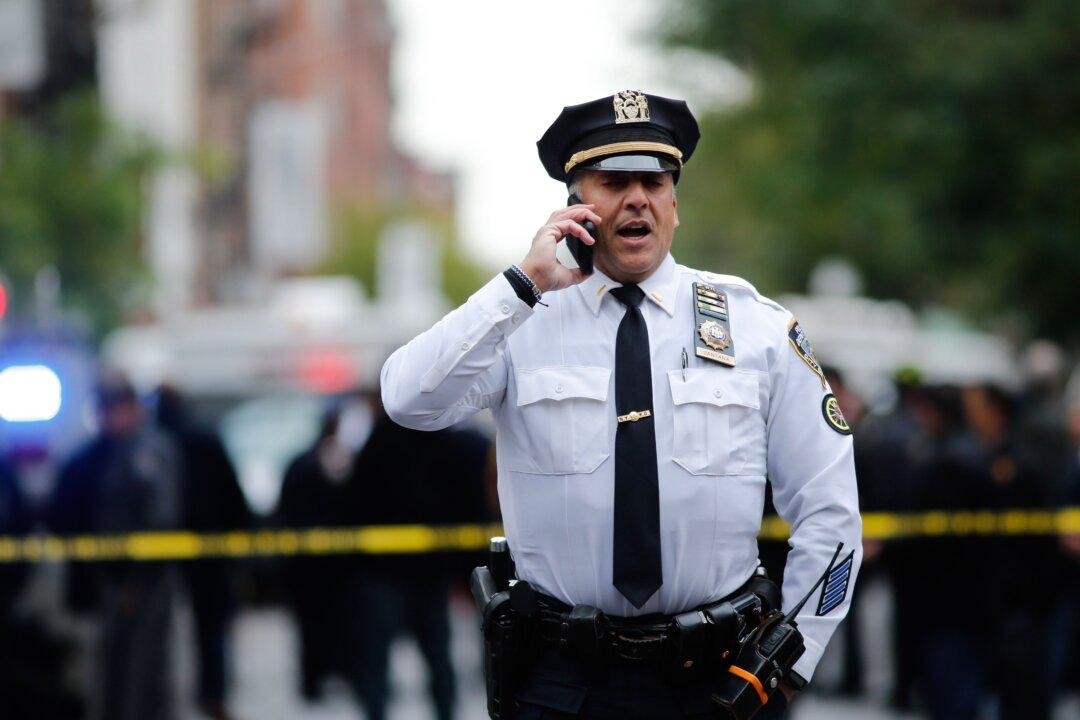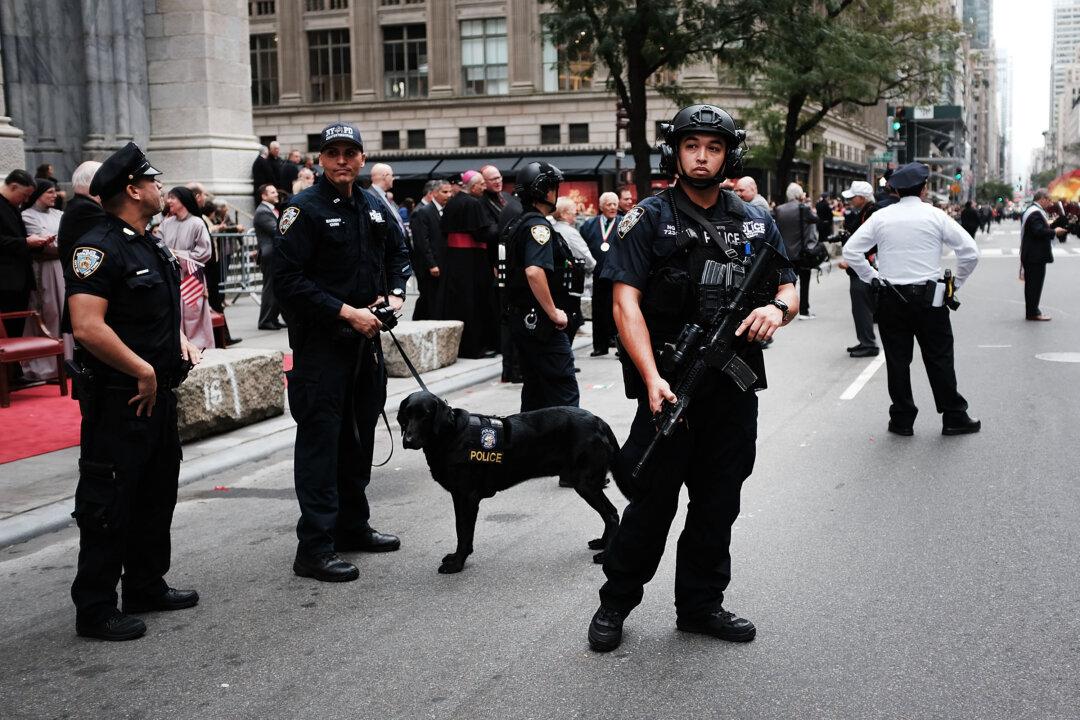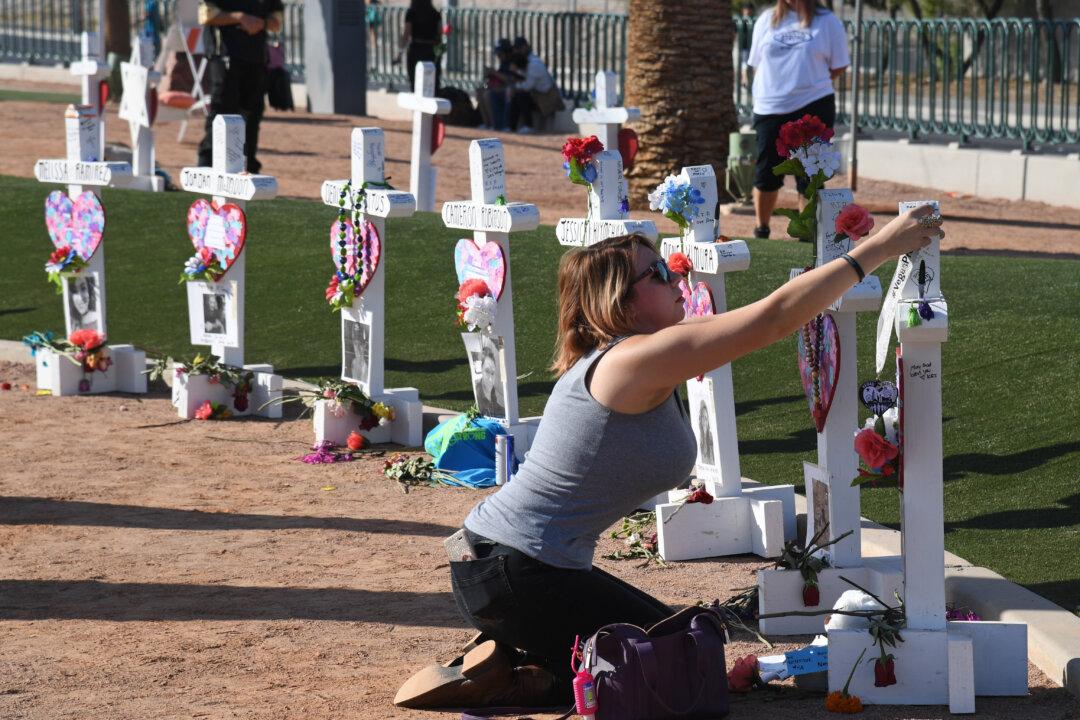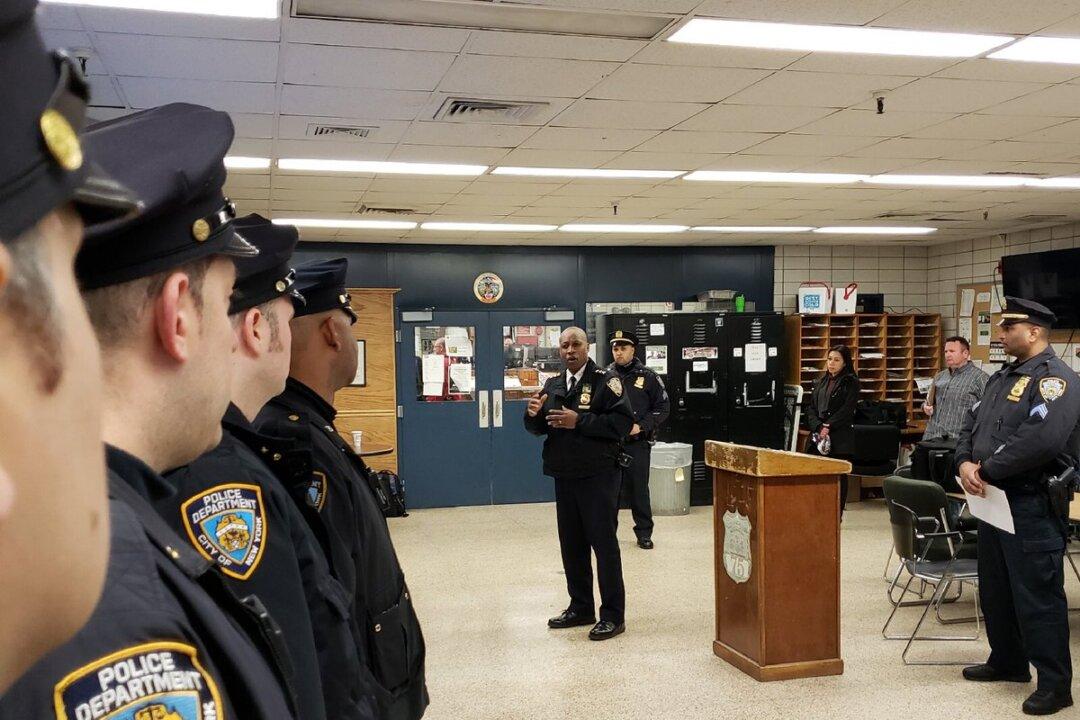On July 23, 2015, a senseless shooting took place at the Grand 16 Theater in Lafayette, Louisiana.
A deranged gunman opened fire killing two people and injuring nine others before committing suicide.
Despite decades of mental health warning signs—including a judge’s order sending him to a psychiatric hospital—the killer was able to legally purchase his handgun because he was never involuntarily committed.
Although a judge declared the killer mentally ill a year before the massacre, he was permitted to purchase guns from a federally licensed dealer.




